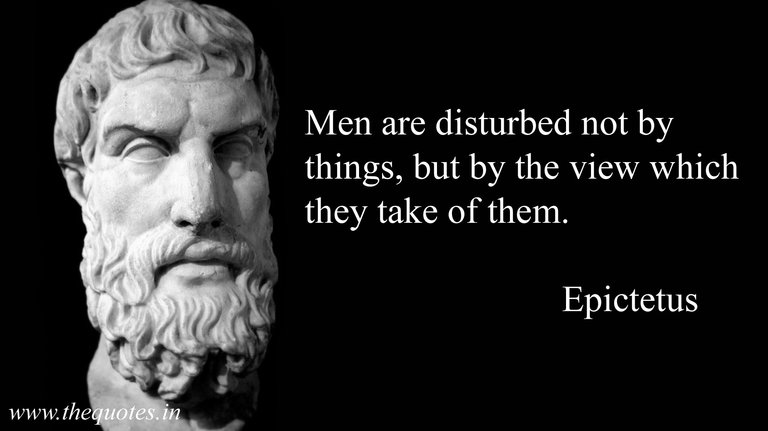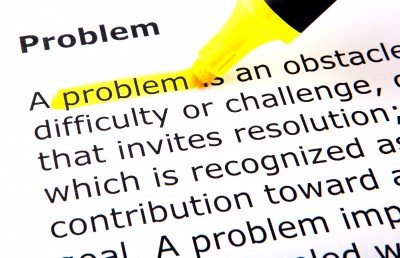Let's start with a quote:
"The Situation Is Not The Problem. It's Your Feelings About The Situation."
and another one:

- Have you ever came across a situation where you felt like your'e loosing your temper? (work, relationships)
- Have you ever got into a situation where your feeling took over you?
- Do you react to situation based on your feelings, rather than facts?
If you've answered 'Yes', then:
- You're not alone
- Good sign, you're still human
- It can be controlled
Let's start by understanding this sentence and why it's important to be aware of how our feelings can fail us in getting what we want.

Problem definition: "a matter or situation regarded as unwelcome or harmful and needing to be dealt with and overcome"
We can already understand that before it's a "problem" to someone, it's a situation.
The moment we are involved in this 'situation', we automatically assign our feelings towards this situation. This happens automatically.
So a problem is not necessarily a problem, up until we attach our feelings to a given situation.
But Why Should I Care?
We use our feelings to drive decisions. The words that comes out of our mouths have an impact on how we are being perceived and affect our ability to control the situation or achieve what we want.
In a relationship (with your boss or spouse), you are bound to find yourself in a situation which could be defined as a 'problem' to you. It may be that only to you, this is a problem, and not to the other side.
But again, it's only a problem because it's your feeling about the situation that makes you 'see' it as a problem.
Think about a 'problem' you recently had. Can you name the 'feeling' you had towards that problem? Can you feel it now, when you recall this problem?
Is it anger? annoyed? upset? sad? worried?
Did these feelings made you use certain words that drove the conversation? or shaped the situation in a favorable way?
How was your body language when you dealt with that problem?
Recall this problem, but this time try to remove your 'feelings', as if you are a bystander, watching from the outside. Does this make you feel that you could be more in control?
That in fact, this is not really a problem? but merely a 'feeling' you had that steered the conversation to a worse place than you hoped for?
Many times, I find myself retrospecting on arguments or heated conversations that I had, and I realise that what I saw as a 'problem' that needed to be solved, was not really a problem. It was just a 'thing', a situation where my feelings had no real positive affect on the situation.
So, Should I Stop Have Feelings?
No. Feelings are essential for almost everything we do. But, we need to be aware how we let our feelings dictate the way we behave and how we perceive things.
It's important to have feelings like 'empathy', if we want to do good in this world. It's important to 'care', if we want to protect our loved ones. It's important to 'love', for so many reasons.
Usually, these feelings are not associated with 'problems'. It's the other side of the feelings spectrum that are associated with problems.
How Does This Sentence Help?
The Situation Is Not The Problem. It's Your Feelings About The Situation (that is the problem).
It helps by being more aware about situations that we are in, and make a change in real-time.
I have found myself remembering this sentence in cases where I saw a problem which required resolution. I started writing an email and take some mental notes and prepare myself for a meeting with key people.
I had to show them "the problem" and why it's a problem and why should they care as well.
What happened was that I notice how I mixed facts with feelings, and how this could derail an entire productive discussion to nothing but a rant. Hardly what I needed if I had to achieve something.
When trying to solve a problem, feelings are important because they prompt you to action. However, when trying to rally people to solve something, they first have to acknowledge the problem as you see it. The best way to achieve this, is by sticking to facts and helping them to understand why they should care as well.
Causing empathy in people, is important to rally them around you. But when trying to convince others by crafting sentences infused with your emotions, is usually bound to fail.
I'll end with another quote:
